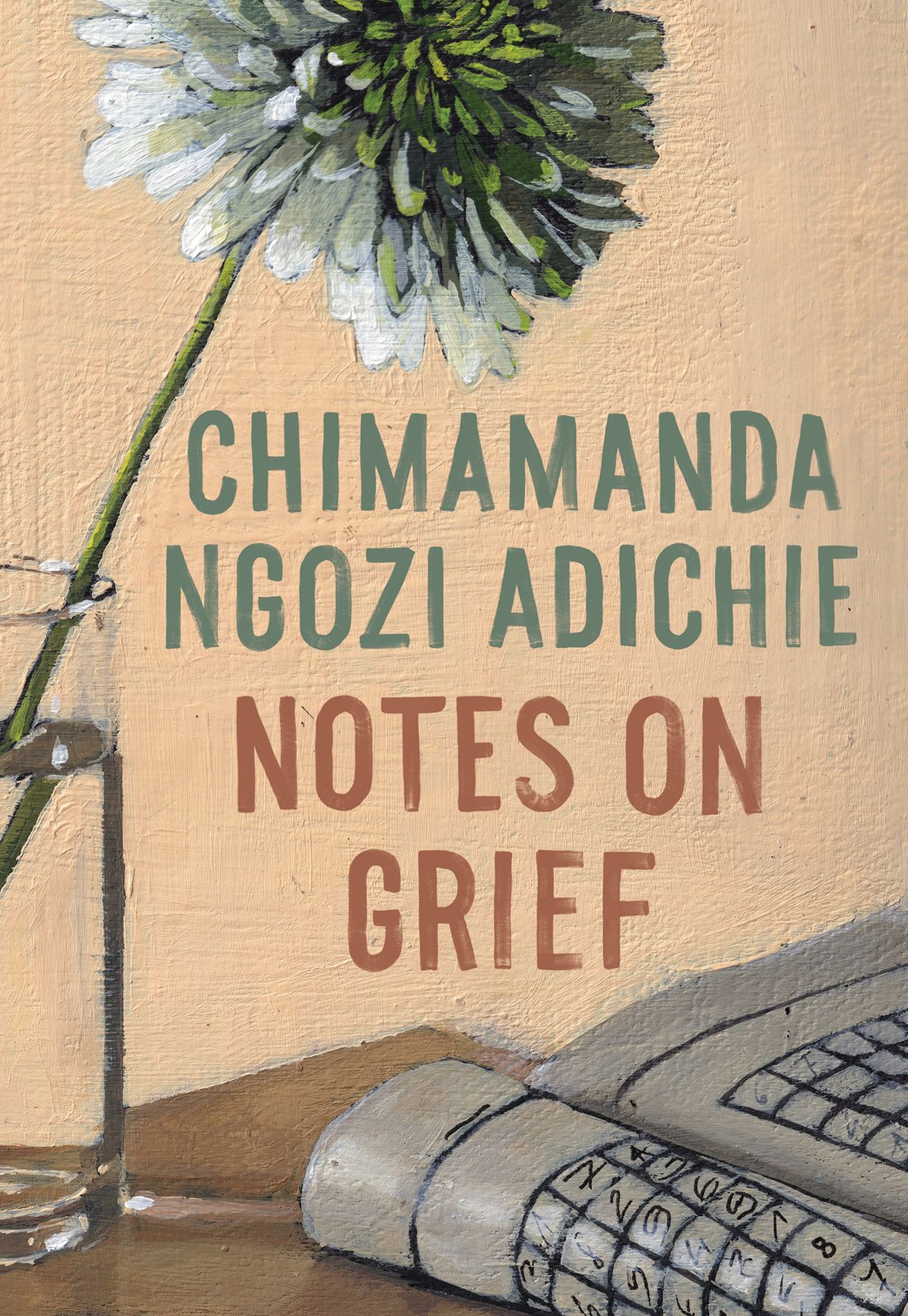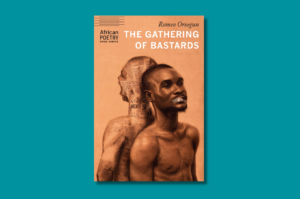
Adichie lost her father last year on June 10. He had struggled with a long-term kidney disease and eventually died of kidney failure. She publicly shared the crushing pain of this loss in a series of social media posts and published a long essay on The New Yorker, which forms the bulk of her latest chapbook Notes on Grief.
Losing a loved one in death is a universal condition, but how we experience the pain and how we speak this pain into language can be very unique. As I read Adichie’s struggle to communicate the blinding pain of losing a father, I thought about my own experiences with grief and what it meant to think of grief as a form of writing. Adichie’s chapbook offers insights on what such a writing might look like.
Notes on Grief is a collection of fragments in which Adichie sets out to say something about her father and the intense feeling of loss that his death leaves behind. In the book, grief is represented in a strikingly sensory language. There is nothing abstract about the way death makes us hurt. It is a violent force that contorts the body. In one of the early passages, Adichie describes the pain as something she feels on her tongue, her chest, her body, her heart:
Why are my sides so sore and achy? It’s from crying, I’m told. I did not know that we cry with our muscles. The pain is not surprising, but its physicality is: my tongue unbearably bitter, as though I ate a loathed meal and forgot to clean my teeth; on my chest, a heavy, awful weight; and inside my body, a sensation of eternal dissolving. My heart—is running away from me, has become its own separate thing, beating too fast, its rhythms at odds with mine. This is an affliction not merely of the body, of aches and lagging strength. Flesh, muscles, organs are all compromised.
Notes of Grief is lyrical, lending some validity to the idea that grief has the potential of poeticizing language. The emotion expressed in the book is raw, sometimes anarchic. This rawness is present in Adichie’s experimentation with a different writing style. Adichie is known for her measured writing, something she shares with Chinua Achebe. It is a kind of brutally economical writing that cuts out all the frills—no overwriting, no lyricism. With this book, she lets go, in part because, the only way to describe vulnerability is to allow language to be fragile as well, to be unsure of what and how it means. She writes: “My wariness of superlatives is forever stripped away: 10 June 2020 was the worst day of my life.”
So much of the book is about saying things that are not always easy to say: how do you communicate the intense suffering of grief? How do you tell people how much you love your father? How do you tally the things he left behind? The book suggests that you give an account of the body and its undoing. You come to terms with the fact that it is okay to meander a bit or be hyperbolic. You resort to the superlative. You essentially let poetry in because poetry makes room for passion as much as it does for pain, for truth as much as for uncertainty. “I am changed,” Adichie writes, “A new voice is pushing out of my writing, full of the closeness I feel to death, the awareness of my own mortality, so finely threaded, so acute. A new urgency. An impermanence in the air. I must write every now because who knows how long I have?”
Ultimately, the book is a portrait of her father. There are these beautiful moments when she inventories the objects in her life that remind her of him: his cold weather clothes hanging in the guest room in her house, the letters he sent her when she first came to the US, a biography written by his colleagues, photographs, videos stored in her computer, his sudoku booklets, his watch. She praises her father’s sense of duty, his being unaffected by people’s show of power, his Christian faith expressed with a kind of graceful moderateness. “There was something in his nature that was capacious, a spirit that could stretch.” Again, this taking stock of what and who one has lost is an act of grieving. Articulating what was lovely about her father is part of the language of loss. It is how we measure or acknowledge our failure to measure the value of what has been lost. A book like this helps to put things in perspective, to make sense of feelings, to gather understanding, like objects, into a center.
The following year, on her father’s birthday, Adichie’s mother died, reopening, or at perhaps, intensifying the devastating blow of losing one parent. Even though Notes on Grief was written as a response to her father’s death, it carries the weight of her mother’s passing. If Adichie can write so devastatingly about her father’s passing, I wonder what losing her mother did to her.








COMMENTS -
Reader Interactions